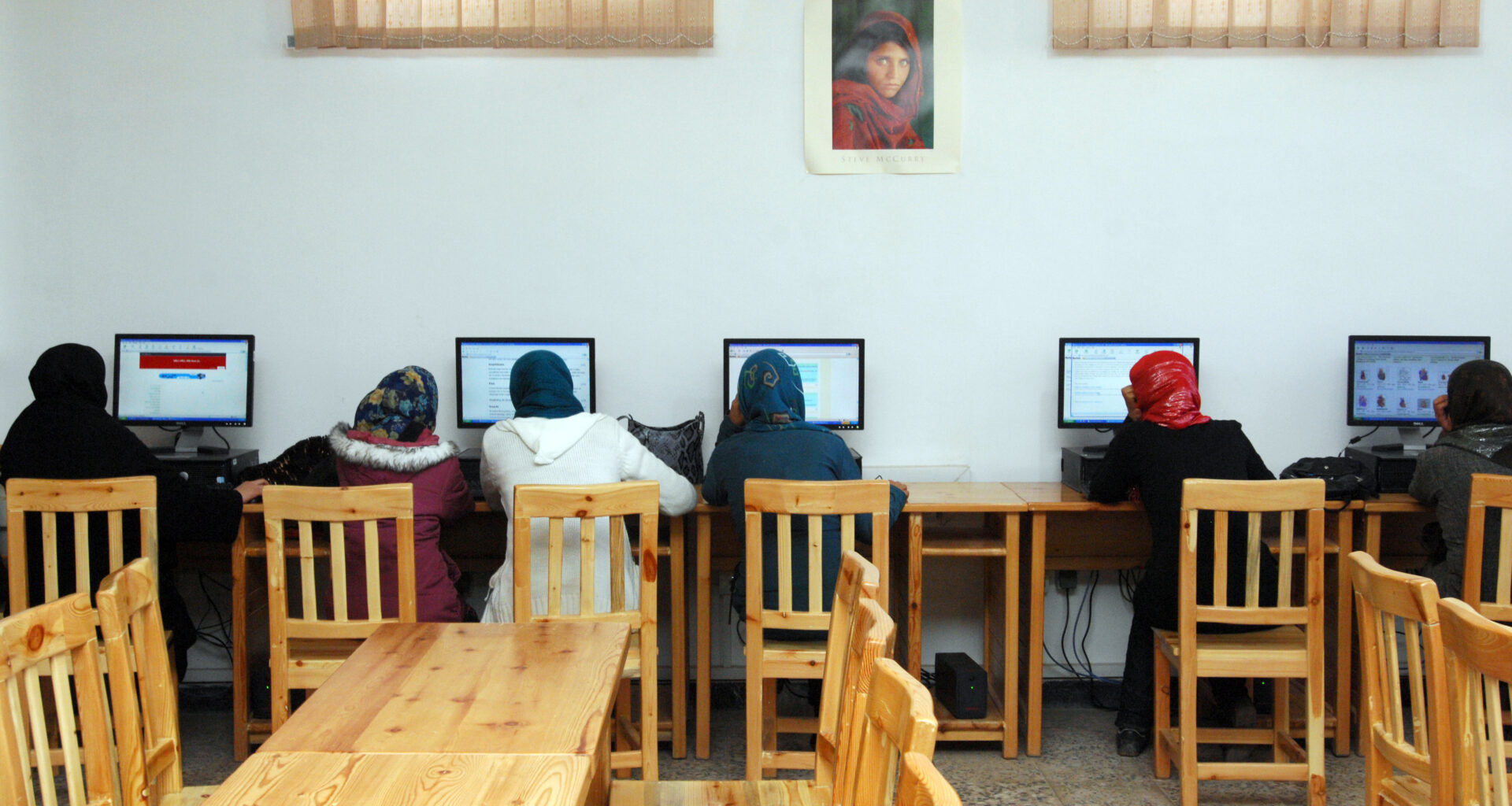UN human rights experts on Friday condemned the Taliban’s internet and social media restrictions in Afghanistan, calling them violations of fundamental human rights.
The social media restrictions, which began on October 7, target major platforms including Facebook, Instagram, and Snapchat. They follow a two-day, nationwide internet blackout from September 29 to October 1.
Prior to this, Taliban leader Hibatullah Akhundzada had ordered a fiber-optic internet shutdown across five northern provinces on September 17, 2025. After connectivity was largely restored on October 1, the authorities then imposed the current restrictions, blocking platforms including Facebook, Instagram, and Snapchat.
The experts warn that restricting internet and telecommunications services worsens Afghanistan’s humanitarian and economic crisis, increasing poverty, unemployment, and food insecurity. These measures also hinder the delivery of critical humanitarian aid to vulnerable communities, including those affected by natural disasters and individuals forcibly returned from neighboring countries.
They called for the Taliban to comply with international obligations, stating:”[i]n line with Afghanistan’s human rights obligations, the Taliban must ensure that any restrictions to the rights to freedom of expression and access to information are provided by law and are a necessary and proportionate response to a specific concern.”
In addition, the experts highlighted the disproportionate impact of internet restrictions on women in Afghanistan, stating “many [women] are heavily dependent on online platforms for education, remote work, business opportunities, and virtual social spaces.” In Afghanistan, the internet has been described as “the only light” for women living under the Taliban’s gender apartheid regime. Online communities have served as a lifeline for women, providing support amid widespread job losses and systemic oppression.
Under Article 19(3) of the International Covenant on Civil and Political Rights (ICCPR), restrictions on freedom of expression and access to information must be lawful, necessary, and proportionate to protect specific interests, such as others’ rights, national security, public order, health, or morals. The experts stress that the Taliban’s actions fail to meet these standards. These restrictions significantly hinder human rights defenders and journalists, already under intense repression, from documenting Afghanistan’s human rights crisis.

